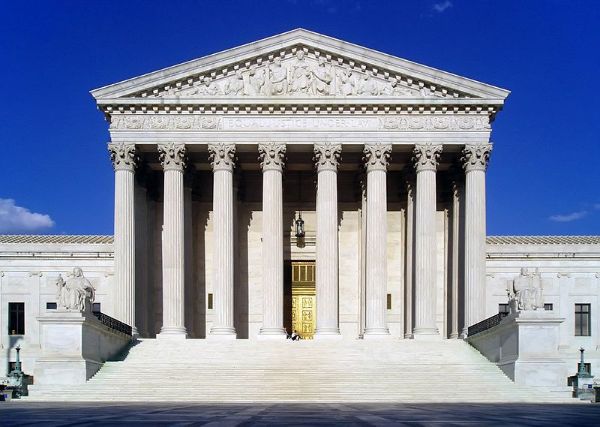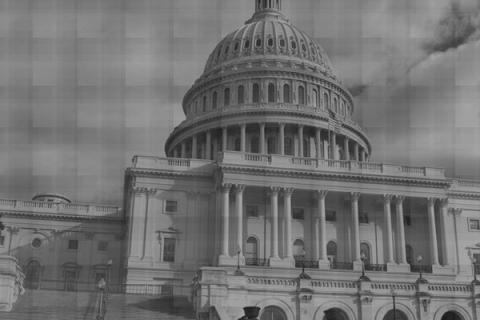What do a wheat crop, a Southern motel, homegrown marijuana and health insurance have in common? Plenty, say advocates for the Obama administration’s Affordable Care Act (ACA). At least, as far as the Commerce Clause of the U.S. Constitution is concerned.
As the Supreme Court begins its deliberations on the ACA, it is the Commerce Clause, rather than political rhetoric about "Obamacare", that is likely to determine the outcome. The key point of contention is a provision of the new law stating that all citizens not otherwise covered must purchase health insurance. The government is arguing that requirement legitimately falls under the purview of the Commerce Clause. The decision of the court will determine the constitutionality of this mandate, and possibly the fate of the entire act.
The Commerce Clause is an enumerated power in the Constitution (Article 1, Section 8, Clause 3) that gives Congress the authority "to regulate Commerce with foreign Nations, and among the several States, and with the Indian Tribes." The court will not only be determining the applicability of the Commerce Clause to the act, but also whether prior case law applies.
The state of Florida (and 27 other states supporting the suit) contends that the individual mandate portion of the Affordable Care Act (ACA) overreaches Congress’ authority and should be viewed as a state matter versus interstate commerce. The government argues that the mandate is legitimate because of the national impact on health care costs that result from high numbers of uninsured Americans. The mandate would broaden the base of insured Americans in part by eliminating pre-existing condition clauses by insurers. Insurance company practices regarding pre-existing conditions severely limit the number of people who can afford to purchase health insurance.
So what does all of this have to do with wheat, motels and marijuana. It’s all about precedents – so-called “settled law” based on prior court decisions.
Among the precedents that the government sites is Wickard v. Filburn, a 1942 case in which a farmer was fined for exceeding his federally mandated wheat allotment even though the extra wheat he grew was used only by his family. The court agreed with the fine because the growing of any extra wheat had an impact on the overall national wheat market. Even though Wickard paid nothing for the wheat he gave his family, it still replaced wheat that would normally be sold on the open market.
Most legal experts find Wickard to be a compelling precedent in the ACA case, although some argue it was incorrectly decided. But it’s not the only precedent cited. In Gonzalez v. Raich (2005), the court held that federal marijuana laws trumped state rules even when there was no interstate commerce involved. Conservative Justice Antonin Scalia wrote in his concurrence with the opinion, “Where necessary to make a regulation of interstate commerce effective, Congress may regulate even those intrastate activities that do not themselves substantially affect interstate commerce.”
The precedent established in Heart of Atlanta Motel v. U.S. (1964) grew out of a case in which the federal government told a local Georgia motel that it was not allowed to discriminate against African-Americans or deny them available rooms based on their race. The Supreme Court determined that federal civil rights legislation prevailed in this seemingly local case.
The justices concluded in their opinion, “One need only examine the evidence which we have discussed above to see that Congress may — as it has — prohibit racial discrimination by motels serving travelers, however ‘local’ their operations may appear.”
These three precedents – compelling as they seem – may well be abandoned by the current Supreme Court should it choose to take a more pragmatic slant on the case and simply determine that the American public cannot be ordered to purchase health insurance. If that is the case, then another analogy – about broccoli – may carry the day.
A typical argument against the individual mandate is that the government has no more right to insist that citizens purchase insurance than they do to mandate that all of us must eat broccoli because it’s good for us. The counter to that argument is that health insurance is different because we already know that everyone will consume the product (health care) as opposed to a specific food item such as broccoli that is one alternative among many.
Whatever the decision of the court, it will be landmark in its impact on health care delivery in America.

